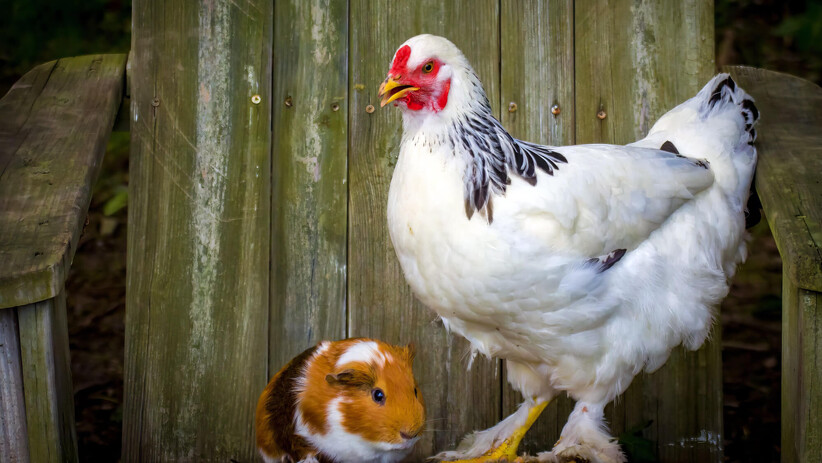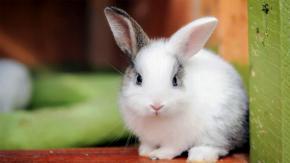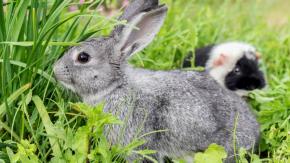Guinea pigs and chickens are beloved pets, but are they compatible?
Pet lovers may wonder if these adorable animals can cohabitate. While guineas and chicks seem like a cute pair, their unique needs and behaviours could lead to trouble.
This article explores the feasibility of keeping guinea pigs and chickens together, highlighting their dietary requirements and potential for disease transmission.
Understanding Guinea Pigs
Guinea pigs, also known as cavies, are small, adorable rodents that have captured the hearts of pet lovers worldwide.
In their natural habitat, guinea pigs live in the grasslands of South America, where they feed on grass and other vegetation.
As prey animals, piggies have short legs and tend to stay close to cover to protect themselves from predators.
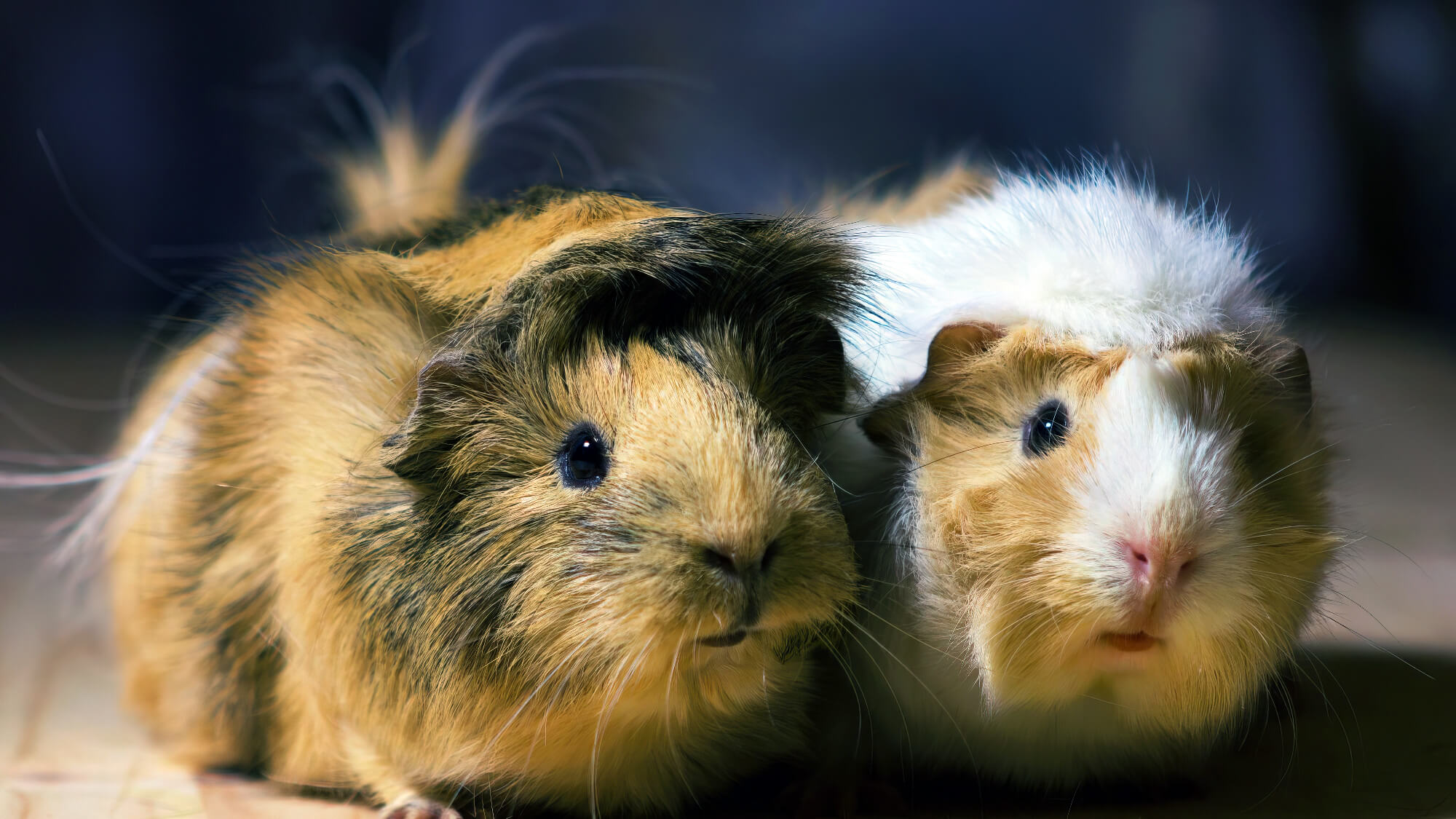
As social creatures, guinea pigs thrive in the company of their own kind and should be kept in pairs or small groups.
They can also get along fine with other pets like rabbitsbut should not be housed with chickens, as the birds may bully or attack them.
Guinea pigs have specific dietary requirements and need plenty of hay, fresh vegetables, and a source of vitamin C to prevent respiratory disease and other health issues.
When keeping a guinea pig as pets, provide a spacious, covered enclosure with a separate sleeping area, and avoid placing their hutch near the chicken coop or dog kennel. With proper care and a balanced diet, these wonderful little animals can be a delightful addition to the family.
Understanding Chickens
In their natural habitat, chickens are social birds that form hierarchical flocks. These pets forage for food, dust bathe, and roost together. Chickens require a balanced diet of grains, greens, and protein, along with access to grass and space to exhibit natural behaviours.
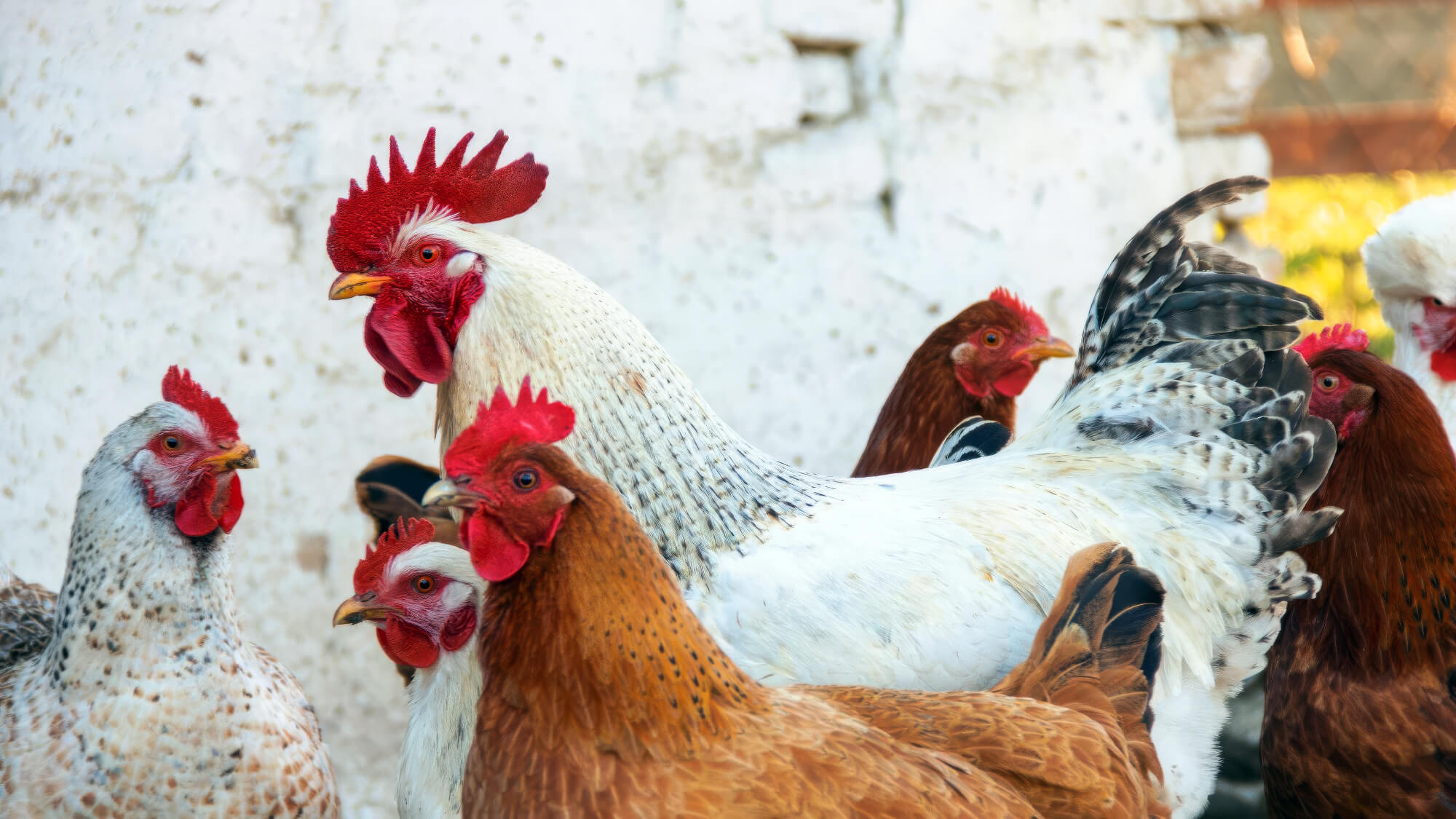
Housing should protect the flock from predators like cats, rats, and mice while providing ample room to minimise stress and diseases. Chickens shouldn’t share the same run as other animals like guinea pigs, rabbits, or dogs, as they have different needs.
Chickens and guinea pigs, for example, require distinct diets; guinea pigs need vitamin C, while chickens do not. Proper sanitation is crucial to manage bacteria in chicken droppings and maintain a healthy environment.
Whether in a family home or a larger setting, meeting chickens' social, dietary, and housing requirements is essential for their wellbeing.
Providing appropriate care allows these fascinating birds to thrive.
Challenges and Risks
When considering housing guinea pigs and chickens together, it’s crucial to address the challenges and risks involved. Here are some of them:
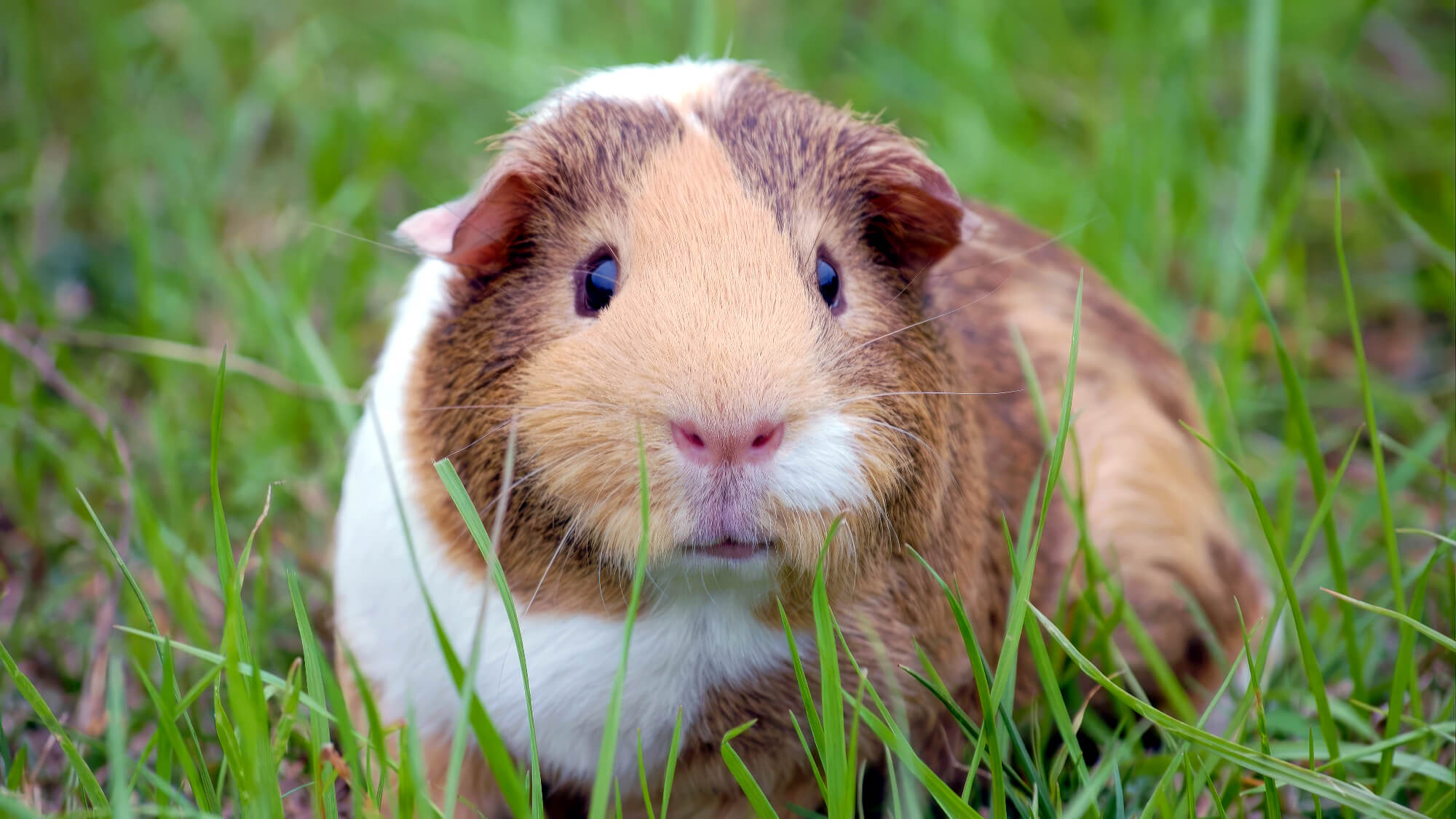
Size Difference and Injury Risk
The significant size difference between guinea pigs and chickens can lead to potential injuries, as chickens may inadvertently harm the smaller guinea pigs.
Chickens, being larger and more active, might accidentally step on or kick the guinea pigs, causing physical harm.
Disease Transmission
Another concern is the risk of disease transmission between the two species. Chickens and guinea pigs can carry different bacteria and pathogens that may not affect their own species but could potentially harm the other.
For example, Salmonella, commonly found in chickens, can be detrimental to guinea pigs' health.
Dietary Challenges
Meeting the different dietary needs of chickens and guinea pigs in a shared space can be challenging. Guinea pigs require a specific diet high in vitamin C, while chickens have different nutritional requirements.
Ensuring that each species receives the appropriate feed without the other accessing it can be difficult in a shared environment.
Stress and Anxiety
Lastly, the different natural behaviours of chickens and guinea pigs may lead to stress and anxiety.
Chickens are active, social animals that enjoy scratching and dustbathing, while guinea pigs are more timid and prefer a quieter environment.
The presence of a larger, more assertive species like chickens may cause guinea pigs to feel stressed and unable to express their natural behaviours freely.
Strategies for Successful Cohabitation
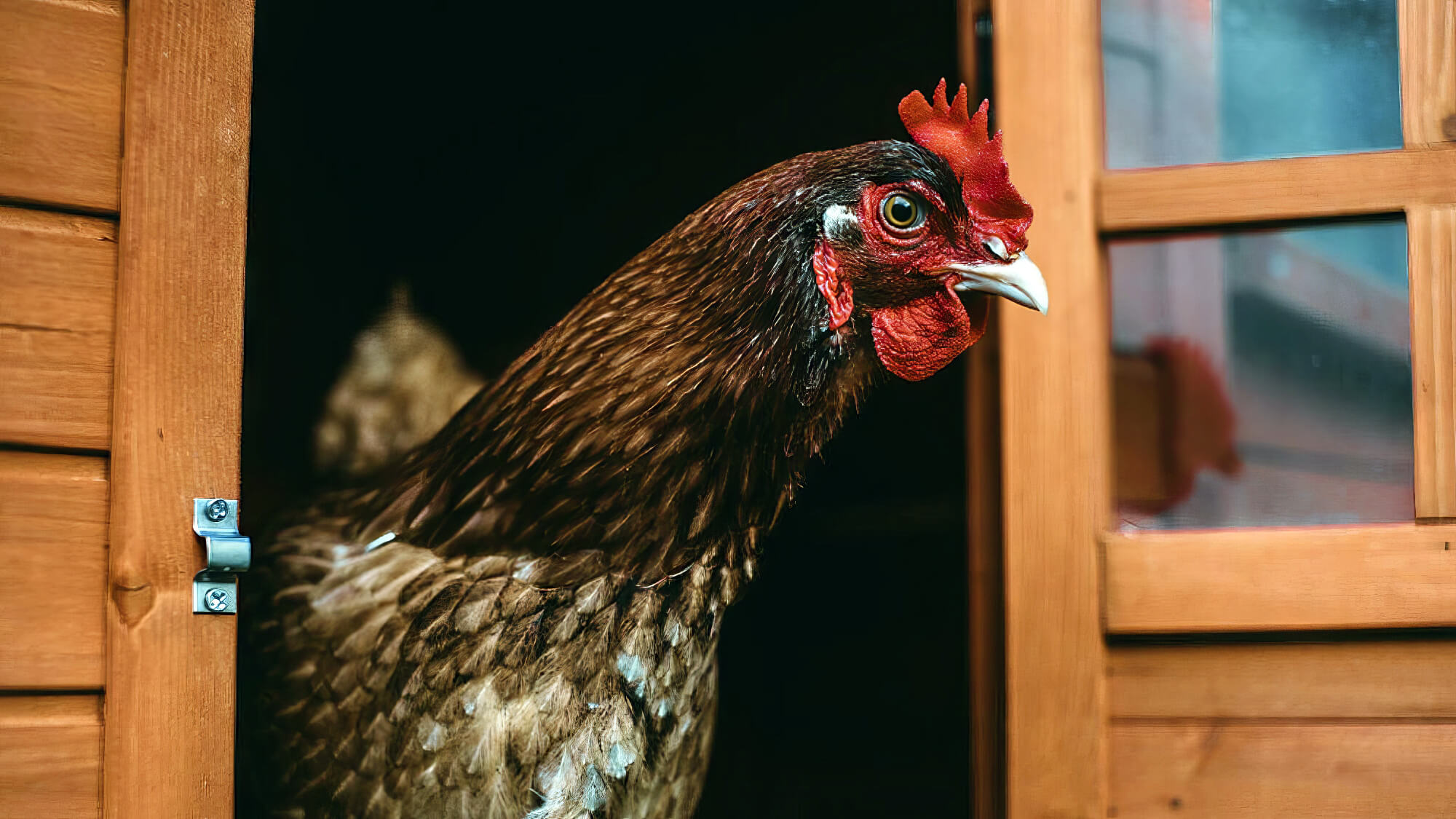
1. Creating Separate Living Areas
When guinea pigs and chickens share a living space, it’s essential to create separate areas to ensure a harmonious cohabitation. Piggies and chickens have different needs, so providing each species with their own space is crucial.
If you’re wondering how to make this arrangement work, consider using a raised platform or divider to establish distinct territories within the shared enclosure.
2. Gradual Introduction and Supervision
Gradual introduction and close supervision are key when introducing guinea pigs and chickens. Start by allowing them to interact for short periods and monitor their behaviour closely.
Watch for signs of aggression, as chickens may accidentally hurt or even kill guinea pigs if not properly supervised.
By taking the introduction process slowly and incrementally increasing their time together, you can help foster a friendly relationship between the two species.
3. Maintaining Proper Hygiene
Maintaining proper hygiene is paramount in a shared environment. Regularly clean and disinfect the enclosure, paying special attention to areas where the animals defecate.
As previously mentioned, guinea pigs and chickens have different dietary requirements, so keep their food separate and tailored to their individual needs.
4. Monitoring Health and Well-being
Lastly, always prioritise the health and well-being of your guinea pigs and chickens. Monitor their behaviour, appetite, and overall condition daily.
If you notice any signs of illness or distress, consult a veterinarian specialising in small animals and poultry.
By being proactive and attentive, you can create a safe and nurturing environment where your piggies and chickens can thrive together.
With patience, care, and a bit of creativity, you’ll soon have a happy, multi-species household that’s a joy to spend time with week after week.
The Verdict: Weighing the Risks and Rewards
Throughout this article, we have explored the intriguing concept of guinea pigs and chickens living together.
While the potential benefits, such as companionship and shared living spaces, may seem appealing, it is crucial to carefully consider the challenges and risks involved.
The size difference, potential for injury, disease transmission, and differing dietary and behavioural needs of these two species can create significant hurdles.
Ultimately, the decision to pursue cohabitation should be made on a case-by-case basis, taking into account the specific circumstances and resources available.
It is essential to prioritise the health, safety, and well-being of both guinea pigs and chickens above all else. Seeking guidance from experienced veterinarians and animal care experts can help inform your decision-making process.
Planet Pet: Your Go-To Source for Exceptional Chicken Supplies
For all your chicken supply needs, turn to Planet Pet — a trusted name in the world of pet care.
With an unwavering commitment to quality products for guinea pigs, chickens, rabbits, and more as well as expert guidance, Planet Pet is here to support you on your journey.
Reach out today and experience the difference for yourself!

